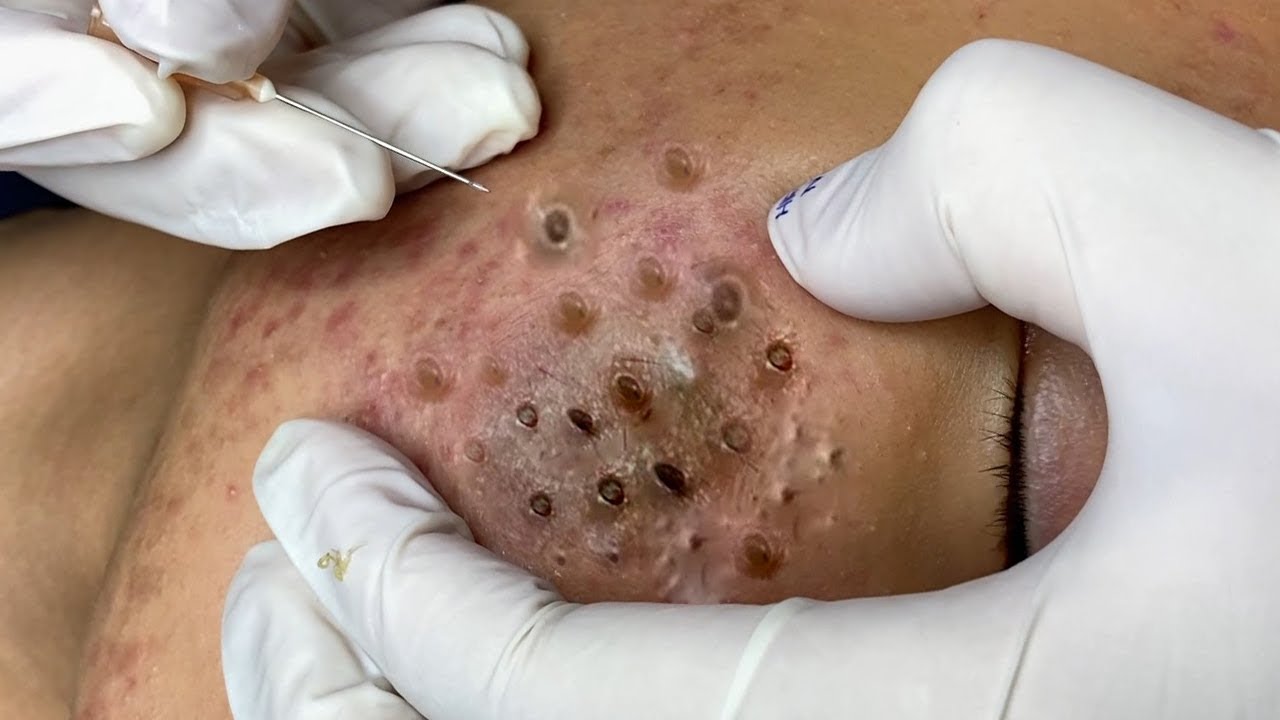How to Get Rid of Blackheads

Salicylic acid
How to Get Rid of Blackheads
Salicylic acid is a popular over-the-counter ingredient in many skin cleansers. It breaks down dead skin cells and extra oil before they can clog your pores.
When you go to the pharmacy, check the ingredient labels carefully. You’ll find products with salicylic acid that range in strength from 0.5% to 5%. The acid can be harsh on some people’s skin. You might want to put it on every other day, rather than daily, to see how your skin reacts.
As for other acne-fighting ingredients, blackheads don’t contain bacteria, so benzoyl peroxide — a powerful antibacterial against most other forms of acne — may or may not help.
Extraction
“Extraction” might sound scary, but many health professionals know how to remove unsightly blackheads with specialized tools.
You can find home extraction kits in stores. But most medical experts repeat that classic advice: “Don’t try this at home.” A DIY procedure can cause scarring, even if you think you know what you’re doing.

Chemical peels
A chemical peel is usually for people who want to improve the appearance of sun damage and minor scars, but it may help with certain types of acne. The procedure can unclog pores and start up new skin growth.
You get a chemical peel in your doctor’s office. It removes cells from the top layer of your skin.
There are many different skin brushes available to buy. Your dermatologist can tell you if using one may be right for you. They can also tell you what kind to use and how to use them correctly. If you don’t use them the way you should, it can make acne worse.
Noncomedogenic products
Most noncomedogenic products don’t contain any oil and don’t block your pores. That lowers your risk of getting blackheads.
You should be able to find cleansers, moisturizers, and makeup that are non-comedogenic.
Blackhead Prevention
To prevent blackheads, try tips such as:
- Wash your face when you get up, before bed, and after you sweat.
- Put non-abrasive cleaners on your skin gently, using your fingertips. Scrubbing with washcloths or sponges can irritate the skin.
- Use alcohol-free skin products.
- Avoid the sun since some acne medicines can make your skin more sensitive to UV rays.
- Shampoo oily hair regularly.
- Limit how many times you touch your face.
- Change pillowcases often.
Also, some studies suggest certain foods can worsen acne. A few of the suspects are skim milk, chocolate, and carbohydrate-rich foods like bread and chips.
Blackhead Treatments to Avoid
Certain treatments won’t work for blackheads. You should avoid oil-based and alcohol-based cleaners.
If you have oily skin, products that have these ingredients can irritate your skin.
If you have normal skin, moisturizers that contain some light oil should be fine. If you have dry skin, oil-based moisturizers may help.